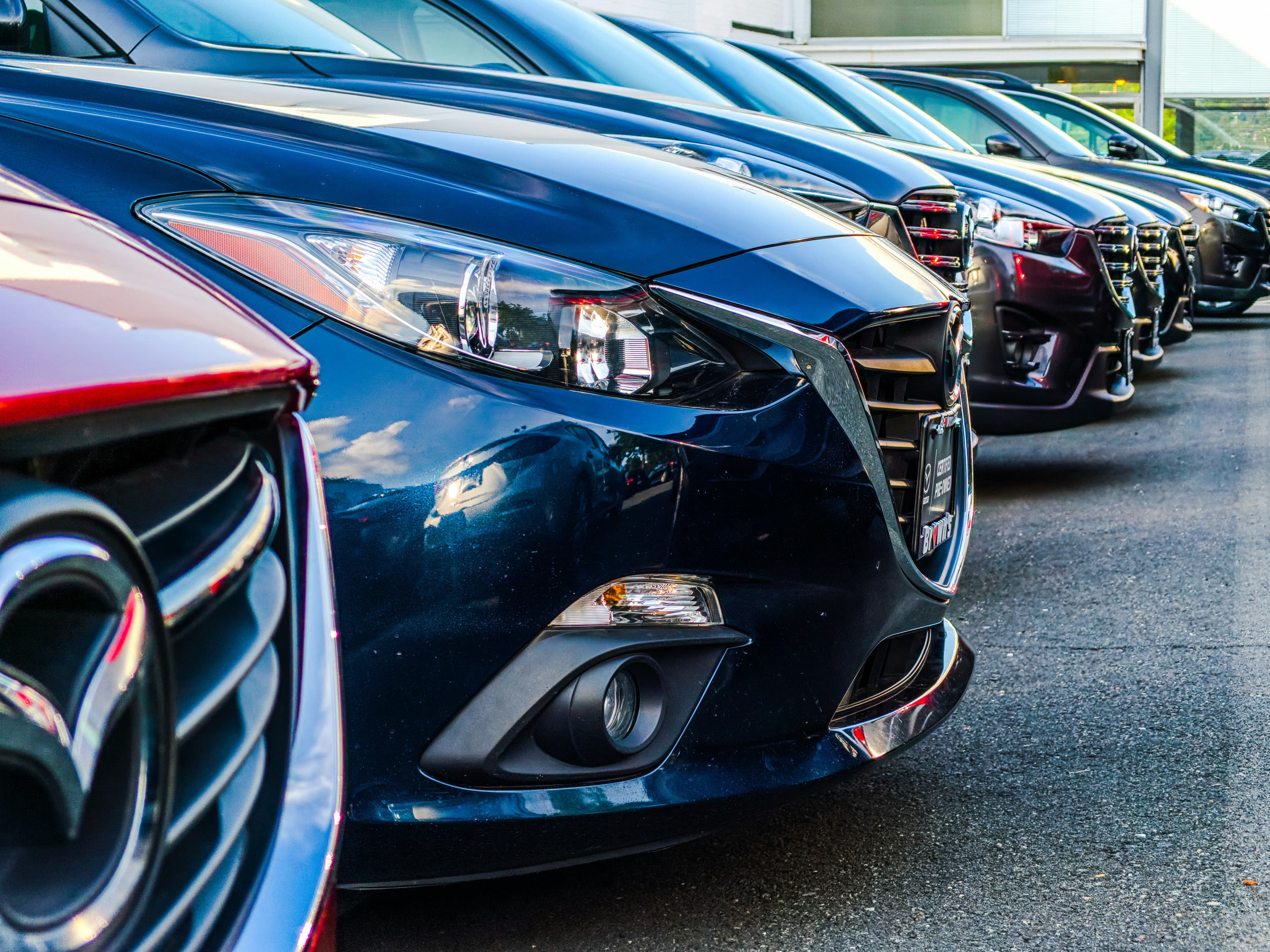
Traveling electric in Portugal between green dream and road reality
From north to south, electric cars are slowly taking over Portuguese roads. But between ecological idealism and real-world limits, is driving green in the land of sun really as simple as it sounds?
Portugal has always had a touch of being ahead of its time. In art, in the sea, in fado and even in technology. In recent years, it has also fallen in love with electricity. Charging stations are popping up everywhere, Teslas share the roads with Fiat 500es, and solar panels cover rooftops like the flowers of a promising spring. Yet behind the green smiles and hopeful slogans, one question lingers: is traveling electric in Portugal really practical?
Portugal, an ideal place for electric travel?
At first glance, everything seems to play in favor of the electric driver. The country is compact, the distances are reasonable, the climate is mild, and the landscapes are diverse. In theory, an electric road trip from Lisbon to Lagos or from Porto to Faro sounds perfect. Three hundred kilometers, a few stops to enjoy the scenery, a coffee halfway through while the car charges, and you’re set.
But it takes more than generous sunshine and an eco-friendly mindset for everything to go smoothly. Because on Portuguese roads, the reality changes quickly from one region to another. Lisbon and Porto are well-equipped. The stations are numerous, modern, and well-located. You’ll often see electric car-sharing services, electric taxis, and charging spots tucked into shopping center car parks.
But as soon as you venture inland, or even along some coastal stretches, things get tricky. You have to plan, predict, anticipate. In short: goodbye spontaneity. The Portuguese electric driver has to learn to map out routes, a bit like people used to spread out paper maps before GPS.
Charging stations, yes, but not always where you need them
The numbers are encouraging. The public network is expanding fast, and the country ranks among the best equipped in southern Europe. But there’s a difference between “having stations” and “having the right stations.”
Many are concentrated in big cities or along main highways, while smaller towns remain true electric deserts. And even when you find a station, it’s not unusual to arrive and find a broken charger, a frozen screen, or a combustion car parked right in front, “just a minute,” as the driver would say.
It’s the kind of small hiccup that turns a calm trip into an adventure worthy of an eco rally. Not dramatic, but it’s a reminder of a simple truth: traveling electric in Portugal, for now, still requires patience and planning.
The charm of coffee while charging
What could be a hassle sometimes turns into a pleasure. Because the Portuguese have a secret weapon: coffee. Real coffee, short, strong, and always available within two minutes’ walk. So when it takes forty minutes for a quick charge, you make the most of it.
It’s the perfect chance to chat with the barista, watch local life, or simply look at the sea. In this country where everything seems to revolve around a cup of coffee, electric driving fits almost naturally into the national rhythm. You drive, you stop, you drink a coffee, you go again.
And in a way, it’s a philosophy that matches the Portuguese spirit. Travel slowly, enjoy the road, don’t rush. In the end, electric driving forces you to live the journey rather than just pass through it.
The costs, the real dividing question
The other big debate is price. Many choose electric thinking they’ll save money, but the Portuguese reality is more nuanced. Yes, charging costs less than filling up on fuel, especially if you charge at home or at a discounted station. But public prices vary widely. Some stations charge by the minute, others by the kilowatt, and you often have to juggle between several apps and cards to find the best deal.
Add to that the higher rental prices for electric cars, often a bit more than combustion models, and the math quickly becomes complicated. For a weekend, the difference is small. For a longer stay, it adds up.
But deep down, those who choose electric in Portugal don’t do it just for the money. They do it for that subtle feeling of driving differently, of taking part in something bigger, even on a small scale.
The Portuguese view of electric cars
The Portuguese generally see electric cars with curiosity and pragmatism. The country understands the importance of energy transition but still values simplicity. The average driver isn’t looking for a futuristic vehicle, just a reliable way to get from point A to point B without trouble.
Younger generations are drawn to the technological and ecological side. The older ones, a bit more skeptical, often ask, “can it really climb the mountain?” And they’re not entirely wrong. Because even if modern electric cars handle Sintra’s hills with ease, the memory of the early temperamental batteries still lingers.
But something is slowly changing. Electric is settling in, quietly but firmly. In Lisbon, hybrid taxis have almost replaced diesel ones. In Porto, electric scooters buzz through narrow streets. And in the south, even rental cars are increasingly sporting the little “E” on the plate.
Traveling green, yes, but without naivety
It would be wrong to say everything is perfect. Infrastructure is evolving, but not always at the pace of ambition. Public policy pushes the transition forward, but mentalities take their time. And then there’s the question everyone ends up asking: is driving electric truly “green”?
Because between battery production, electricity sources, and waste management, the answer isn’t as clean as we’d like. Portugal, thankfully, generates a large part of its power from renewable sources. But not all of it. So yes, you pollute less by driving electric here than elsewhere, but it’s still not a perfectly green dream.
And maybe that’s the true face of Portuguese ecology: imperfect, pragmatic, but moving forward. The country progresses, sometimes slowly, sometimes brilliantly, always with its unique mix of modernity and gentleness.
Conclusion
Traveling electric in Portugal isn’t just about stations, batteries, or budget. It’s a new way to experience the road. A road where you stop more often, talk more, notice more.
It’s not yet the green paradise shown in commercials. But it’s a beginning. And like many things in Portugal, beginnings have that slightly clumsy, poetic charm where perfection hasn’t yet overtaken pleasure.
Yes, you can travel electric in Portugal. As long as you accept its limits, savor its pauses, and let the country set the pace. Because here, even the most modern car eventually slows down in front of a landscape that makes you want to stop.
Share this article
Suggested articles

Driving in style in Portugal between luxury classics and authenticity
It only takes one morning on the road to Cascais or a drive through the hills of the Douro to understand it: Portugal was made for people who love to drive. The landscapes change with every bend, the roads are beautifully maintained, and the weather, true to its reputation, invites you to drive with the top down almost all year long.

Small roads great landscapes the most beautiful routes to explore Portugal by car
Driving in Portugal isn’t just about getting from point A to point B. It’s about setting off without really knowing where you’re going, stopping on a whim, following a sign with an unfamiliar name, and letting yourself be surprised. The country lends itself perfectly to this gentle art of wandering. Highways are practical, yes, but it’s the smaller, winding, sometimes narrow and almost always stunning roads that show the true face of Portugal.

Car rental agencies in Portugal between local charm and big names
There are trips that start at the airport, others on the road. In Portugal, the road has always had a special place. From the hills of Lisbon to the cliffs of the Algarve, from the wild roads of the Vicentine coast to the winding paths of the Douro, everything invites discovery. But to truly feel that freedom, you first need to find the right car, and above all, the right agency.

From Lisbon to Lagos, which car should you rent for the perfect Portuguese road trip?
There’s something magical about the idea of crossing Portugal from north to south, or more modestly, from Lisbon to Lagos. It’s a route of barely three hours, but anyone who’s ever taken the time to wander knows this isn’t about highways. It’s about unexpected stops, side roads clinging to cliffs, hidden cafés where coffee still costs one euro, and those moments when you turn off the music just to listen to the sea. And on trips like this, the car becomes more than transport, it’s your travel companion, your shelter, your balcony overlooking the ocean.

Renting a Car in Portugal: traps to avoid (and how to drive stress-free)
Ah, the freedom of four wheels in Portugal! The wind in your hair, the winding roads of the Algarve, the vineyards of the Douro… Tempting, right? But before you jump into a rental car and shout “Vamos!”, let’s take a little reality check because, spoiler alert : it’s not always as simple as “book + drive off”. Here’s what you need to know… and what to avoid.


